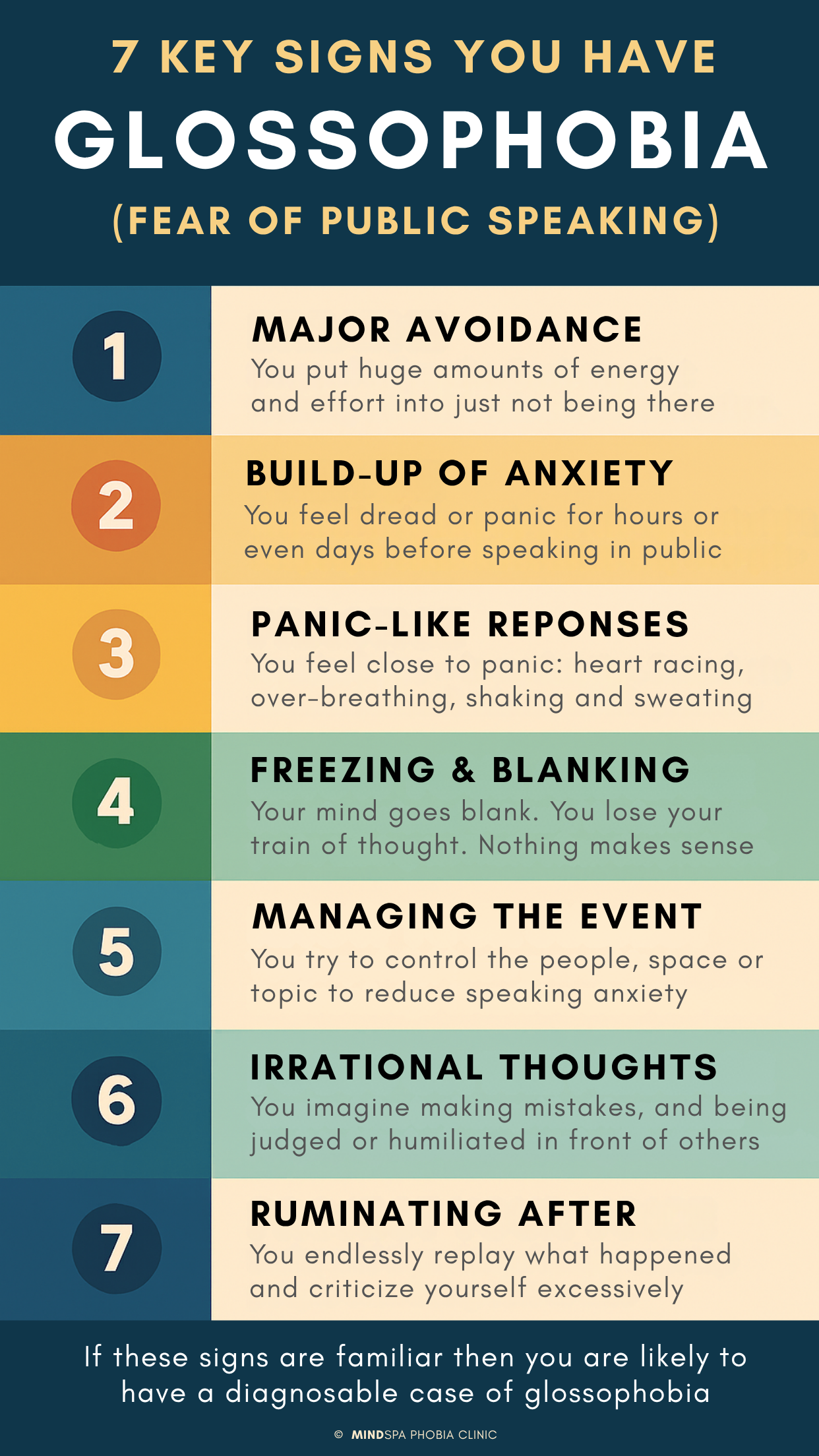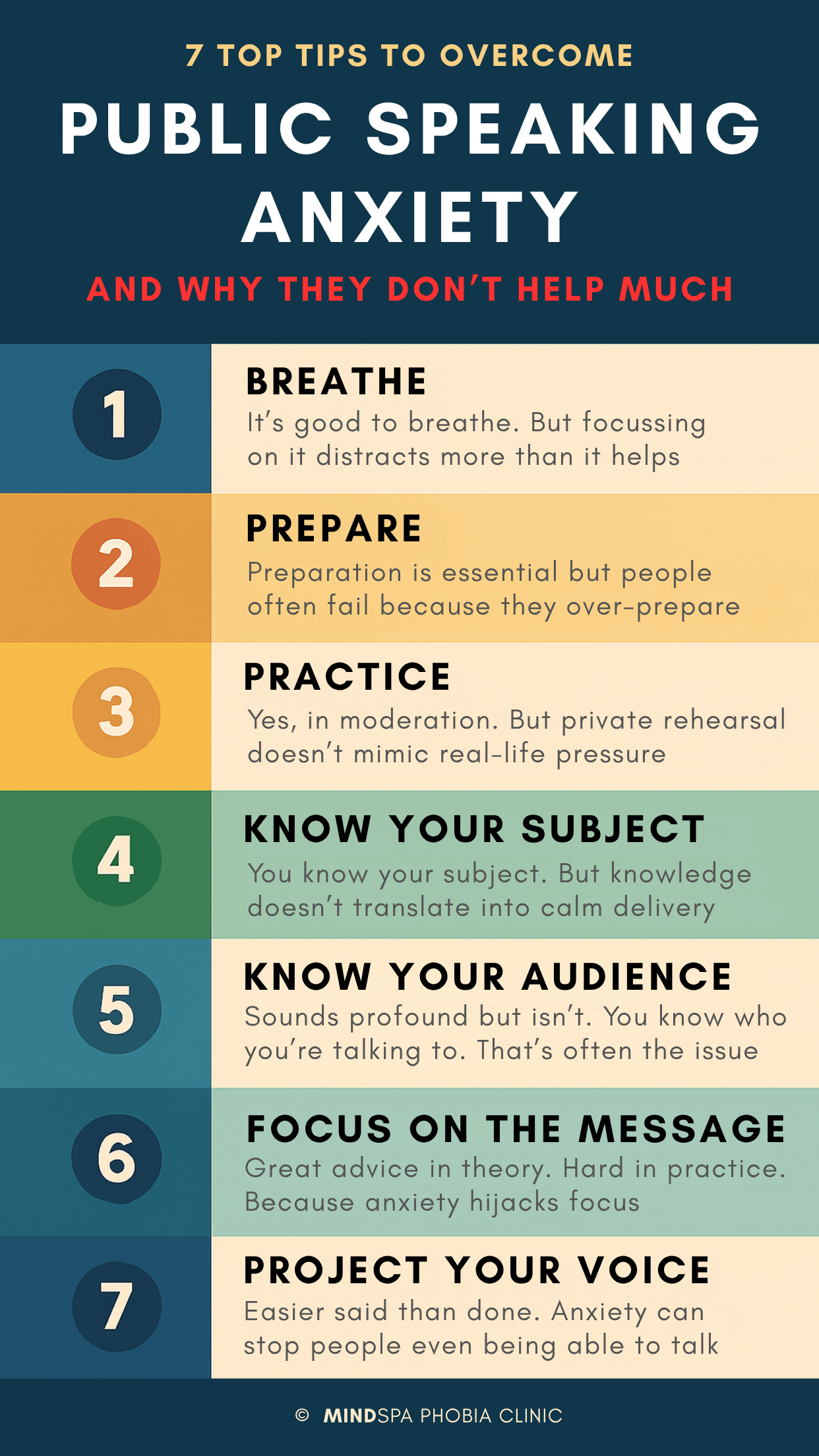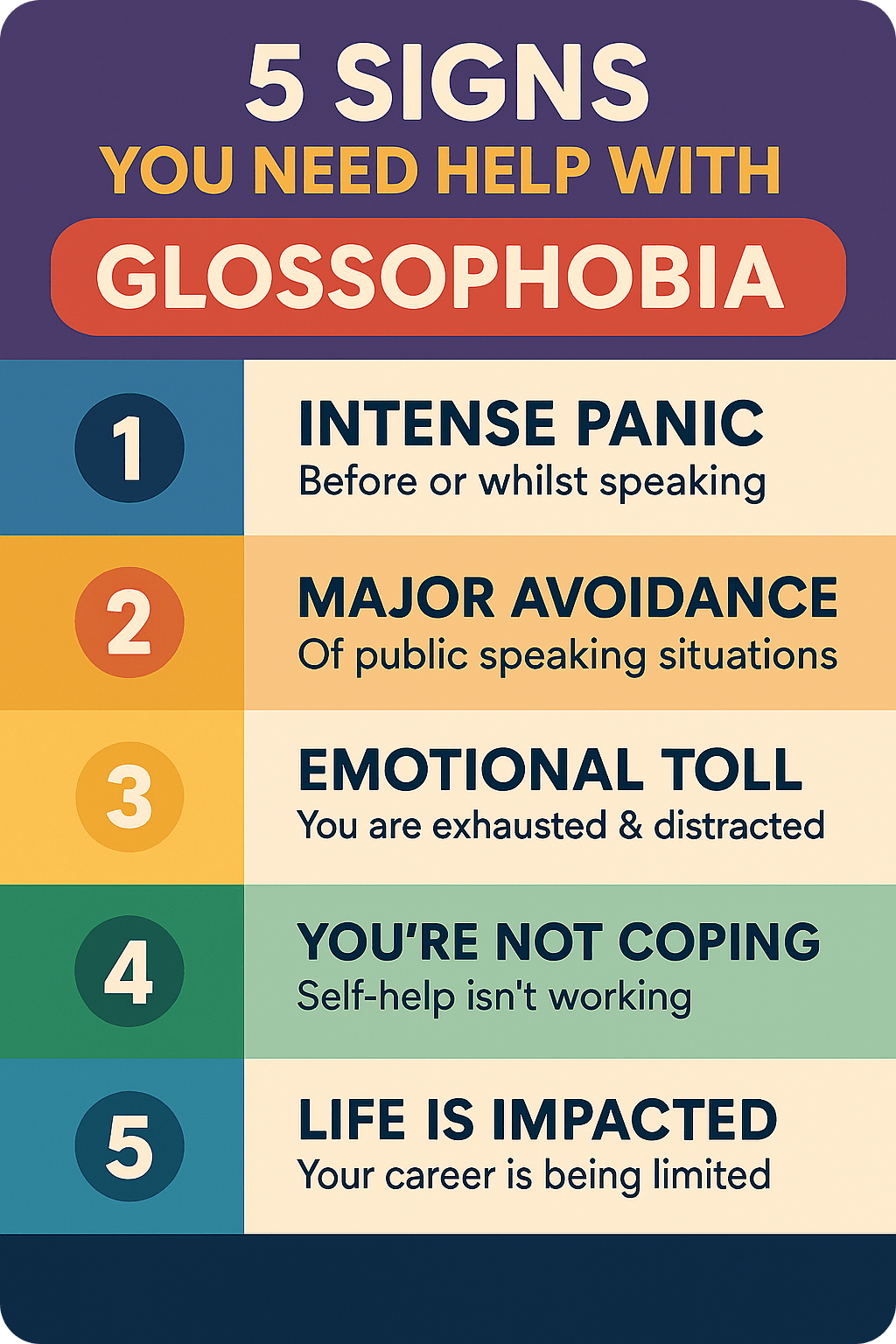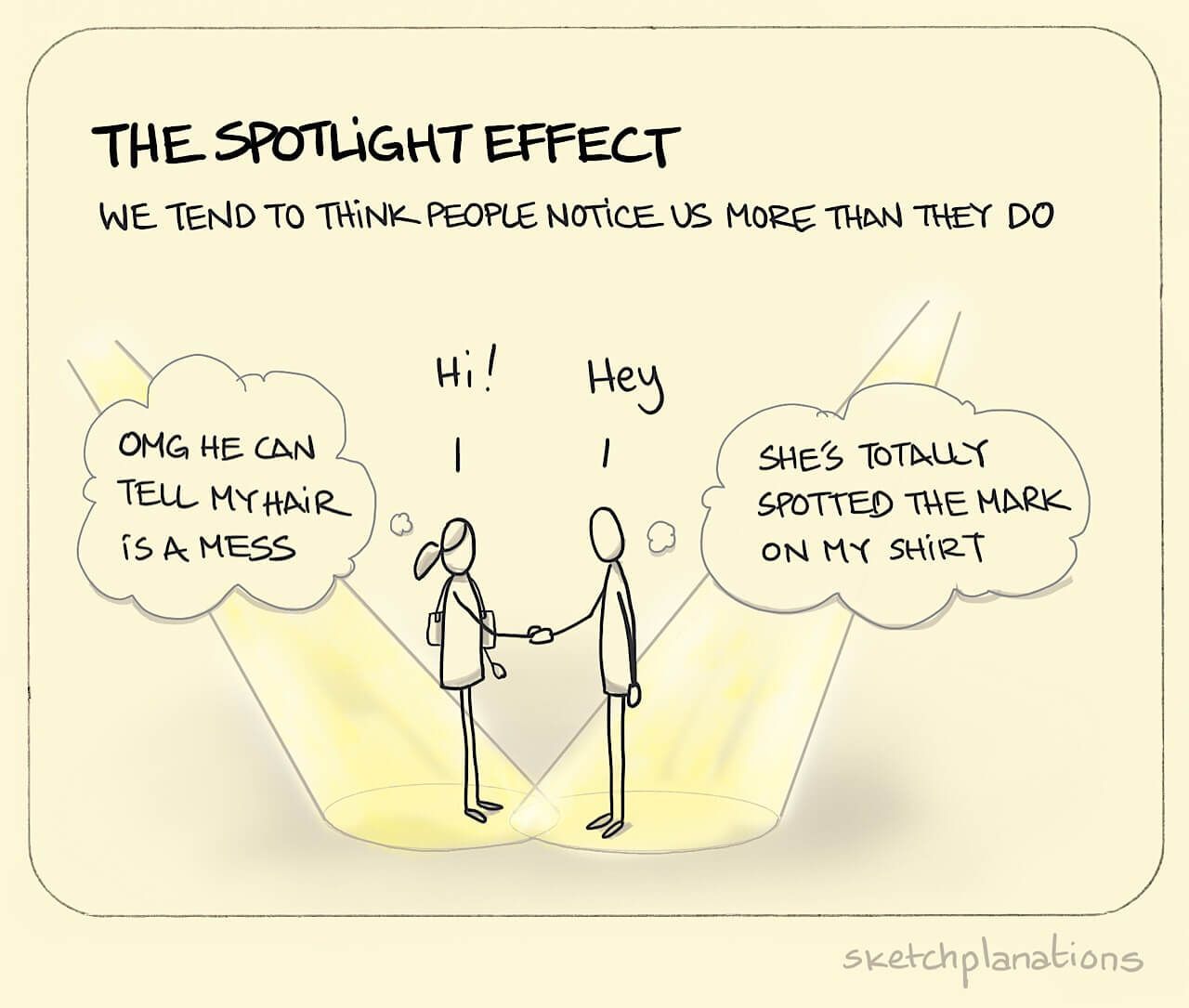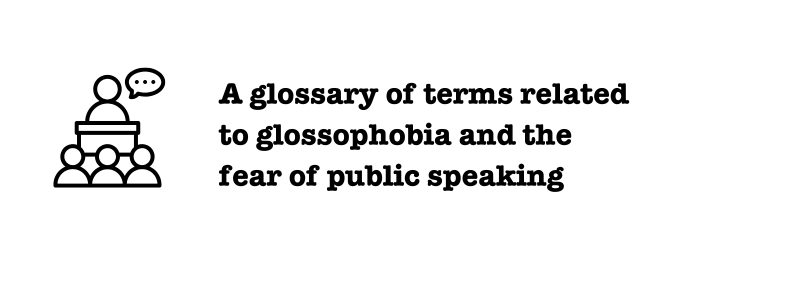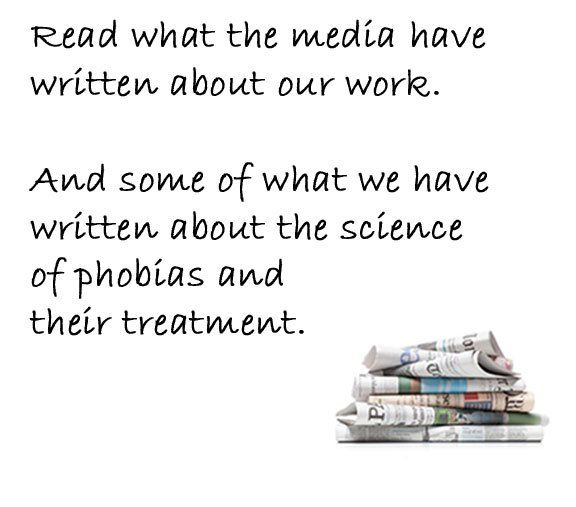RESEARCH & ARTICLES

In the media
See what they have written about us:
Online sessions
We primarily deliver our program face-to-face over Zoom video calls. It's exactly the same as our in-clinic program and equally effective.
Visiting us
Sessions run mornings, afternoons and evenings on weekdays and weekends. Our main clinic is in Harley Street, London, UK
Find us
Map & directions pdf
Google maps
RESEARCH & ARTICLES
RESEARCH & ARTICLES

In the media
See what they have
written about us:
Online sessions
We primarily deliver our program face-to-face over Zoom video calls. It's exactly the same as our in-clinic program and equally effective.
Visiting us
Sessions run mornings, afternoons and evenings on weekdays and weekends. Our main clinic is in Harley Street, London, UK
Find us
Map & directions pdf
Google maps

